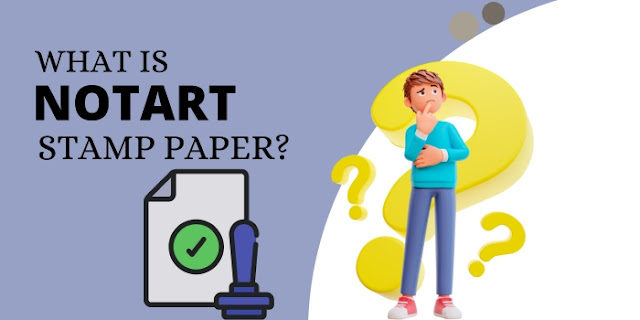Will Written On Stamp Paper Valid?
Creating a last will and testament is a crucial step in ensuring that your assets are distributed according to your wishes after your passing. However, there are often questions surrounding the validity of a will, particularly when it comes to the type of paper used. One common query is whether a will written on stamp paper is legally valid. In this blog, we'll delve into this topic, providing you with a comprehensive understanding of the legal implications.
Understanding the Basics of a Will
Before we explore the use of stamp paper, let's first understand what a will is and its fundamental components. A will is a legal document that outlines how your assets and estate should be distributed after your death. It allows you to specify beneficiaries, assign guardianship of minor children, and even make specific bequests.
To be legally valid, a will generally needs to meet certain requirements:
Testamentary Capacity: The testator (the person making the will) must be of sound mind and legal age, typically 18 or older.
Intent: The testator must have the intention to create a will, ensuring that their wishes are documented.
Witnesses: In many jurisdictions, a will must be signed in the presence of witnesses who are not beneficiaries and who can attest to the testator's state of mind and the absence of coercion.
Signature: The testator must sign the will in most cases, although there are exceptions for "holographic" wills, which are handwritten and signed but not necessarily witnessed.
Stamp Paper and Its Role
Stamp paper, a type of legal paper used in various legal transactions, is commonly employed in India and some other countries. It typically carries a government-issued stamp indicating payment of a specified amount of stamp duty. Stamp duty is a form of tax levied on certain legal documents, and the amount varies based on the transaction or document.
Validity of a Will on Stamp Paper
Whether a will written on stamp paper is valid depends on the laws of the specific jurisdiction and the circumstances surrounding its creation. Here are some key considerations:
Stamp Duty Payment: In regions where stamp duty is applicable to wills, you must ensure that the necessary stamp duty is paid when creating the will. Failure to pay the required stamp duty could render the will invalid.
Execution Requirements: Even if a will is written on stamp paper, it must still meet the execution requirements of a valid will, such as testamentary capacity, intent, and witness signatures, as mentioned earlier.
Local Laws: Different regions may have varying rules regarding the use of stamp paper for wills. It's essential to consult with a legal expert who is knowledgeable about the laws in your jurisdiction.
Registration: Some jurisdictions require wills, even if they are on stamp paper, to be registered a will with the local authorities. Failure to do so might affect the will's validity.
Holographic Wills: In some places, a holographic will, which is handwritten and signed by the testator but not necessarily on stamp paper, may be considered valid if it meets the execution requirements.
Conclusion
In summary, a will written on stamp paper can be valid, but it is subject to the legal requirements and regulations of your specific jurisdiction. It is crucial to consult with an experienced estate planning attorney to ensure that your will complies with all local laws and is properly executed.
Remember that estate planning is a complex process, and the validity of your will is just one aspect. To ensure that your wishes are upheld and your loved ones are taken care of after your passing, it's best to seek professional legal guidance when creating your last will and testament. By doing so, you can have peace of mind knowing that your wishes will be honored, regardless of the type of paper used for your will.
Posted by Sourabh



